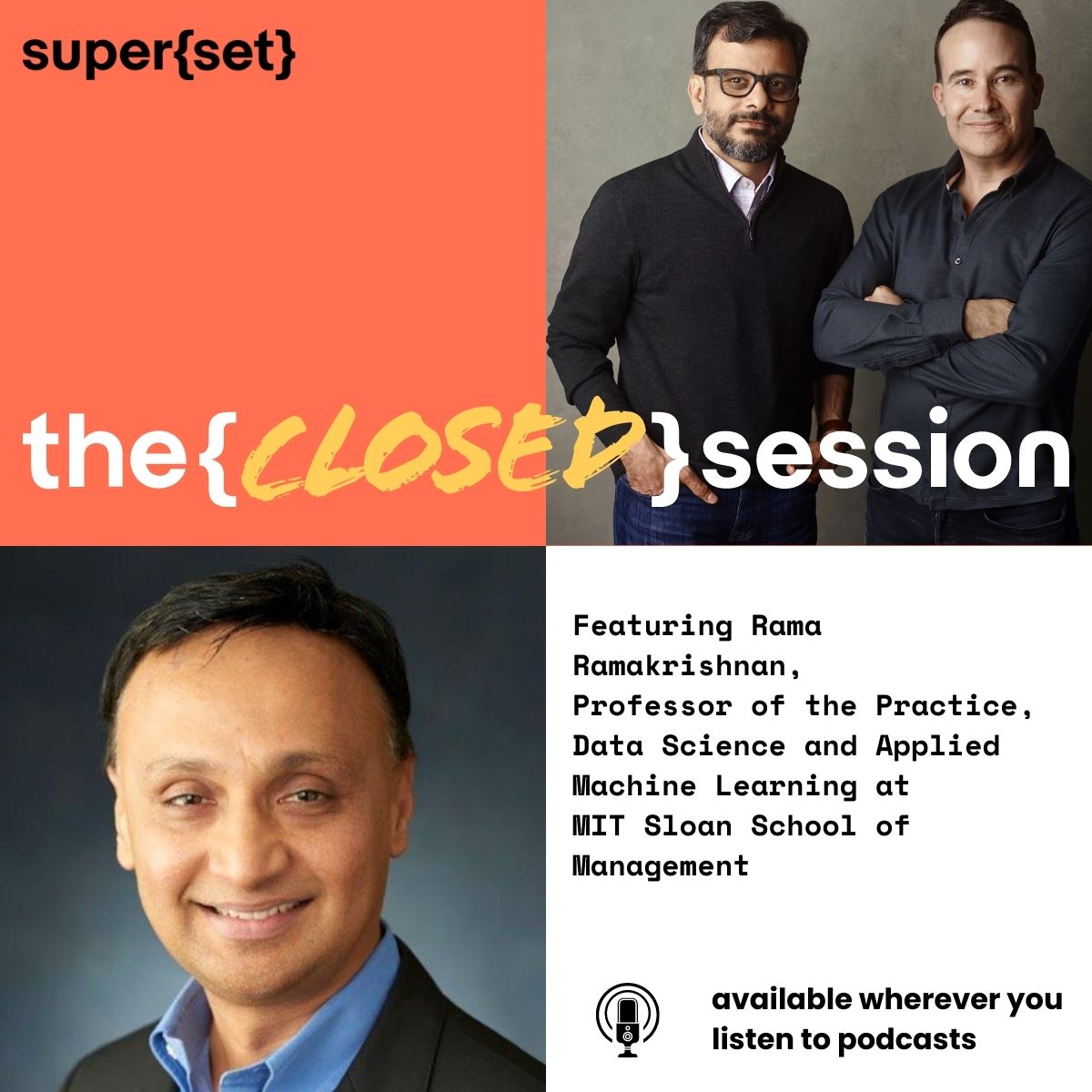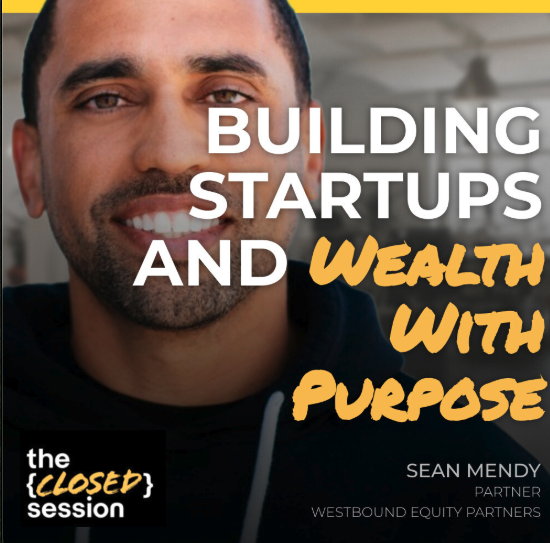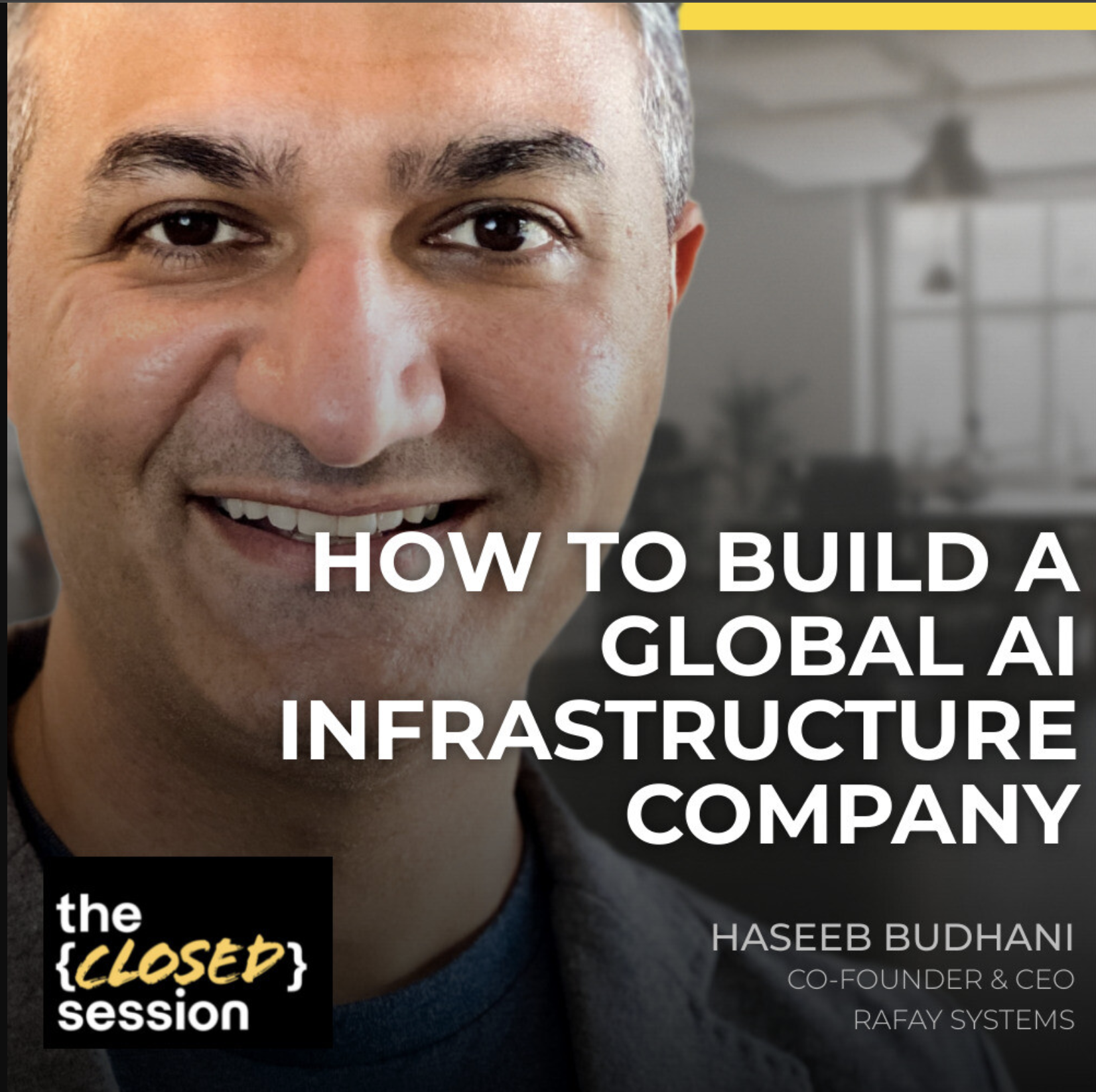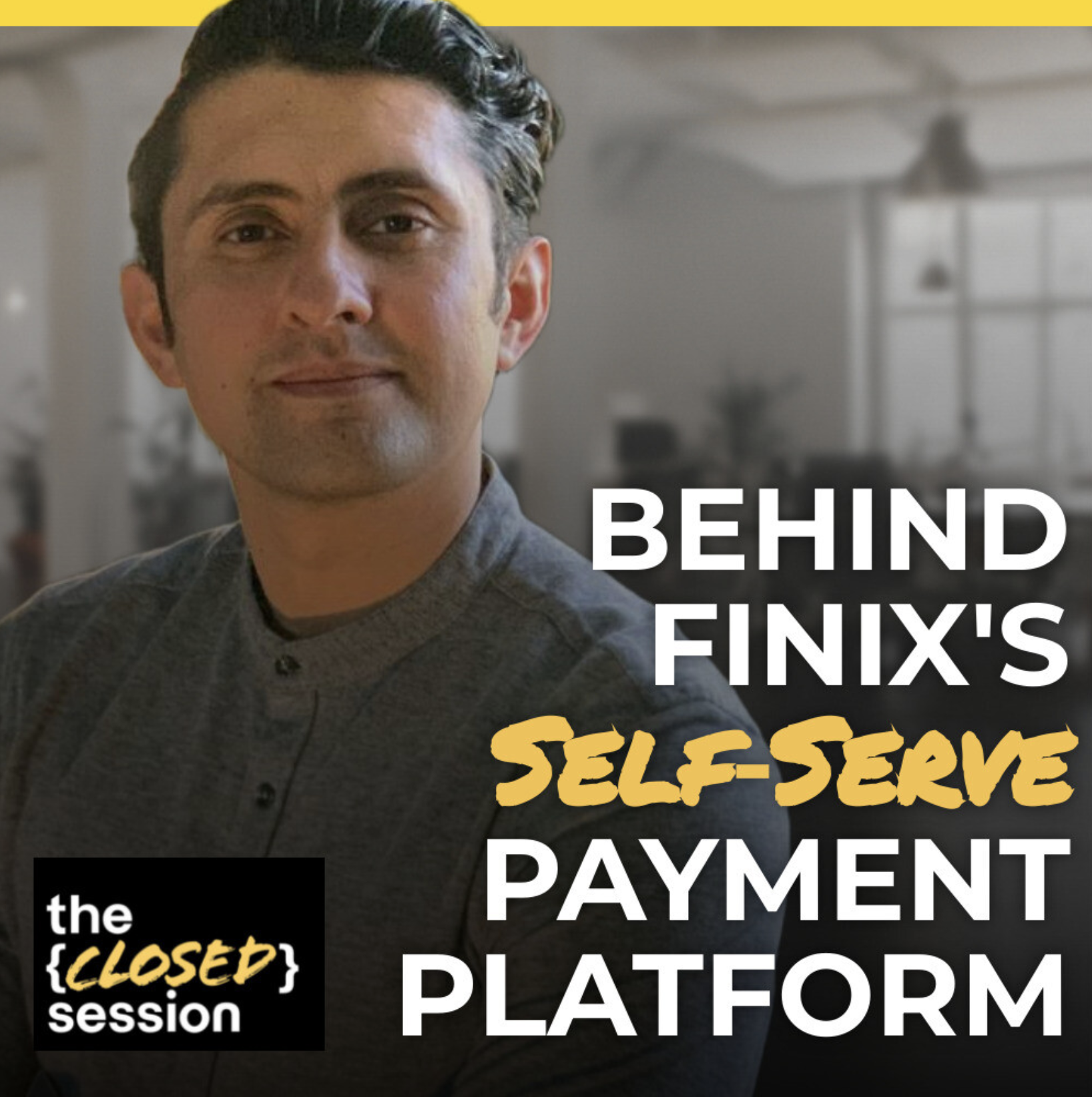
MIT Professor Rama Ramakrishnan on How ChatGPT Works
Few technologies have captured the attention of the general public as well as seasoned software engineers and entrepreneurs like ChatGPT. But how does it work? How can humans use it to increase productivity and output? And how is it likely to evolve?
Our guest for this episode is Rama Ramakrishnan, Professor of the Practice, Data Science and Applied Machine Learning, at MIT Sloan School of Management. He joins Vivek for a wide-ranging conversation about ChatGPT and generative AI, with amusing asides into why Vivek rejected a job offer from Rama at one of his early start ups, why the extinction conversation about AI is misguided, and how Rama is enjoying academia after a storied career as an entrepreneur.
Guest: Rama Ramakrishnan
LinkedIn: https://www.linkedin.com/in/ramar/
Twitter: https://twitter.com/rama100
Tech, startups & the big picture
Subscribe for sharp takes on innovation, markets, and the forces shaping our future.
More Episodes
Explore additional conversations with entrepreneurs, investors, and leaders shaping the future of tech and business.




